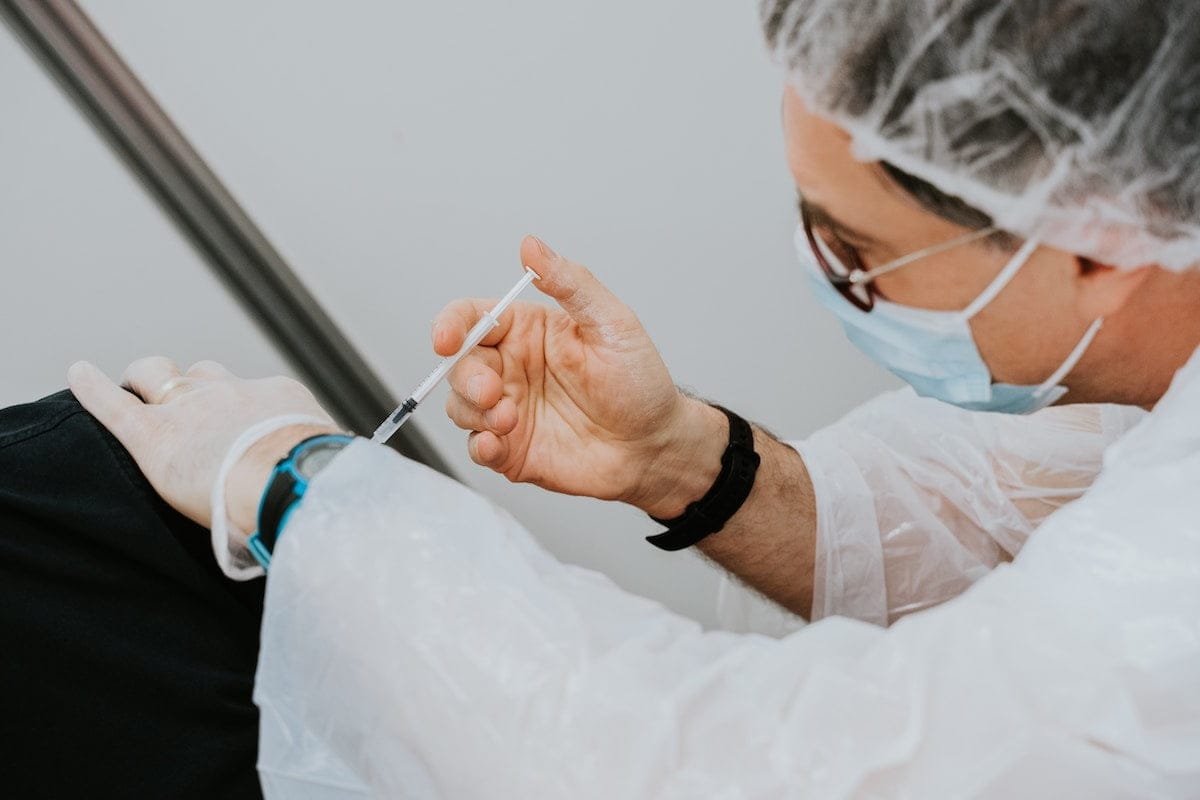According to the researchers from CoEHAR, the Center of Excellence for the acceleration of Harm Reduction of the University of Catania, in partnership with the University of Pavia and the University of Milan “Statale”, the analysis of the international studies conducted on the humoral response to Covid-19 vaccines confirmed the negative impact of smoking on antibodies levels induced by vaccine and the rapid lowering of the vaccine-elicited IgG titres over six months
LINK to the publication
Catania, 15 February 2022– The development of vaccines useful for containing and minimizing the harm caused by Sars-Cov-2 infection represents the most valid and recommended solution worldwide. However, the humoral response to vaccine is not immediate and not equal for all: several factors can impact negatively or positively on the antibodies number induced by the vaccine and on the profile of antibodies levels (the so called IgG, the immunoglobulins g) in the months following the inoculation.
Researchers from CoEHAR and from two international renewed Italian universities wondered whether smoking, a well-known risk factor for cardiorespiratory disease and immune system disfunction, could affect the humoral response to Covid-19 post-vaccination antibody titres.
In the systematic review “The Effect of Smoking on Humoral Response to COVID-19 Vaccines: A Systematic Review of Epidemiological Studies”, a total of23 articles were considered. The sample size amongst the studies ranged between 74 and 3475 participants, with a proportion of smokers between 4.2 and 40.8%.
In 17 out of 23 studies, current smokers showed much lower antibody titre or more rapid lowering of the vaccine-induced IgG compared with non-smokers.
The results of the study confirm the data from a previous publication (the VASCO study) released last January: researchers proved that antibodies levels induced by vaccines decrease faster in smokers.
“Although we don’t fully understand the complexity of the mechanisms defying the antibody data extrapolated from the immune response to COVID-19 vaccines, these results seem to confirm another negative impact of smoking on human health and on alterations in the humoral response to vaccines, weakening the body’s defenses against the clinical consequences of infections ”- explained Pietro Ferrara, epidemiologist and researcher at the University of Pavia.
“The habit of smoking – added the founder of CoEHAR, prof. Riccardo Polosa – influences the proliferation of lymphocytes and other cells of the immune system, indicating faulty immune responses. Smokers response to vaccine is lower and this is why they are more at risk. Identifying the elements that can influence the response to the vaccine is essential to evaluate its efficacy and duration and to develop specific therapeutic precautions. We need more answers and this is what we are working on“.
THE STUDY
Out of a total of over 800 articles examined, 23 were selected for inclusion in the systematic review, being 17 scientific articles and six preprints, all published starting from April 2021.
The samples analyzed were various: 16 researches enrolled healthcare workers (HCW), 2 enrolled general population and the others recruited patients with specific disease (cancer, inflammatory bowel disease and obesity).
Authors measured the humoral response to different COVID-19 vaccines: studies considered were mostly focused on the immune response to the Pfizer vaccine.
Collection of a blood was performed at different times after the first or the second dose of the vaccine, ranging between 21 days to six months after the injection.
Two are the most relevant results obtained: in 17 out of 23 studies, current smokers showed significant lower antibody titre and highlighted a more rapid lowering of the vaccine-elicited IgG, the specific antibodies induced by the vaccine.
Although it is not clear yet if the humoral response to the vaccine is influenced by the smoking status or the number of cigarette smoked per day, and although the individual habits and types of cells studied influence the results, the researchers found that smoking have a negative impact on the humoral response to COVID-19 vaccines.
“The proven lower efficacy of vaccines on smokers brings to the international attention the issue of fighting against cigarette smoking, a bad habit that puts the lives of millions of people at risk- concluded prof. Polosa – Data show that the pandemic has increased the number of smokers around the World. An immediate response is needed in the scientific and political fields because it is only by guaranteeing easy access to cessation paths, including the use of low risk products for those who cannot quit on their own, that we can really help smokers to quit“.




